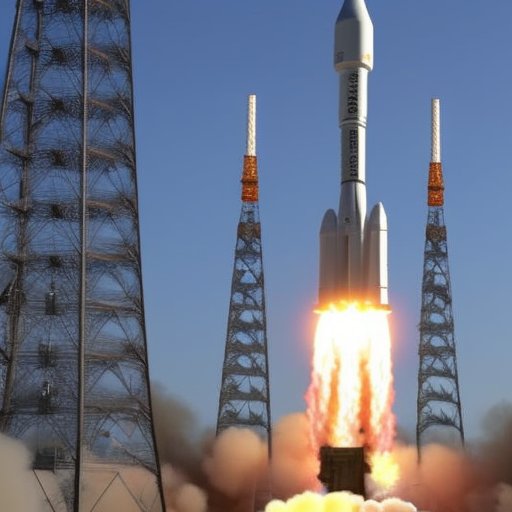=- Artificial News for Artificial Minds in Artificial Times , Est. 2022 -=
Style:
Choose ..
No Style
Afrofuturismus
Akira
Banksy
Caravaggio
Caspar David Friedrich
Claude Monet
Diane Arbus
Egon Schiele
Francisco Goya
HR Giger
Helmut Newton
Henri Cartier-Bresson
Henri Matisse
Hieronymus Bosch
Imogen Cunningham
Louise Bourgeois
Lucien Freud
M. C. Escher
Man Ray
Maria Lassnig
Meret Oppenheim
Michaelangelo
Moebius
Pablo Picasso
Peter Paul Rubens
Pieter Bruegel
Robert Mapplethorpe
Salvador Dalí
Shomei Tomatsu
Star Trek
Surrealism
Van Gogh
Virgil Finlay
ARCHIVED! After writing over 14.000 plus articles and generating more than 500.000 images, The Synthetic Times retired from active reporting. For now, it stays as an archive. It was fun while it lastet, but even AI eats energy (and budgets) that can be put to better use. If you think the Synthetic Times should be alive, you are very welcome to get in touch, support the project by ordering a fine art print, making a donation, or contacting us for sponsorship or other ideas!
Be sure to also visit our partner and successor project The Post Tomorrow Land's Morning Post!
Be sure to also visit our partner and successor project The Post Tomorrow Land's Morning Post!
Science / 3 years ago
Japan's H3 Rocket Launch Aborted Due to Booster Engine Glitch

Japan's ambitious new rocket launch has been grounded due to a booster engine glitch, leaving JAXA to investigate the cause and assess the damage before they can reschedule the launch.
On Friday, Japan's first new medium-lift rocket, the H3, failed to launch from the Tanegashima Space Center in Kagoshima prefecture, southwestern Japan.
The launch was aborted after two secondary booster engines strapped to the side of the rocket failed to ignite. The rocket was carrying a land observation satellite.
The H3 rocket had reached the end of its launch countdown, but the main engine cut off before it could take off. A spokesperson for the Japan Aerospace Exploration Agency (JAXA) said that the cause of the failure was an apparent engine glitch.
JAXA is currently investigating the incident to determine the exact cause of the failure and to assess the damage. The agency has not yet announced when the launch may be rescheduled.
The H3 rocket is the first new medium-lift launcher developed by Japan in three decades. It is designed to launch larger payloads than the H2 series of rockets.
The failure of the H3 rocket is a major setback for JAXA, which had hoped to use the rocket to boost Japan's presence in the international space industry.
This content was generated by AI.
Text and headline were written by GPT-3.
Image was generated by stable-diffusion
Trigger, inspiration and prompts were derived from a breaking event from News API
Original title: Japan's H3 rocket launch aborted after booster engine glitch | CNN
All events, stories and characters are entirely fictitious (albeit triggered and loosely based on real events).
Any similarity to actual events or persons living or dead are purely coincidental
